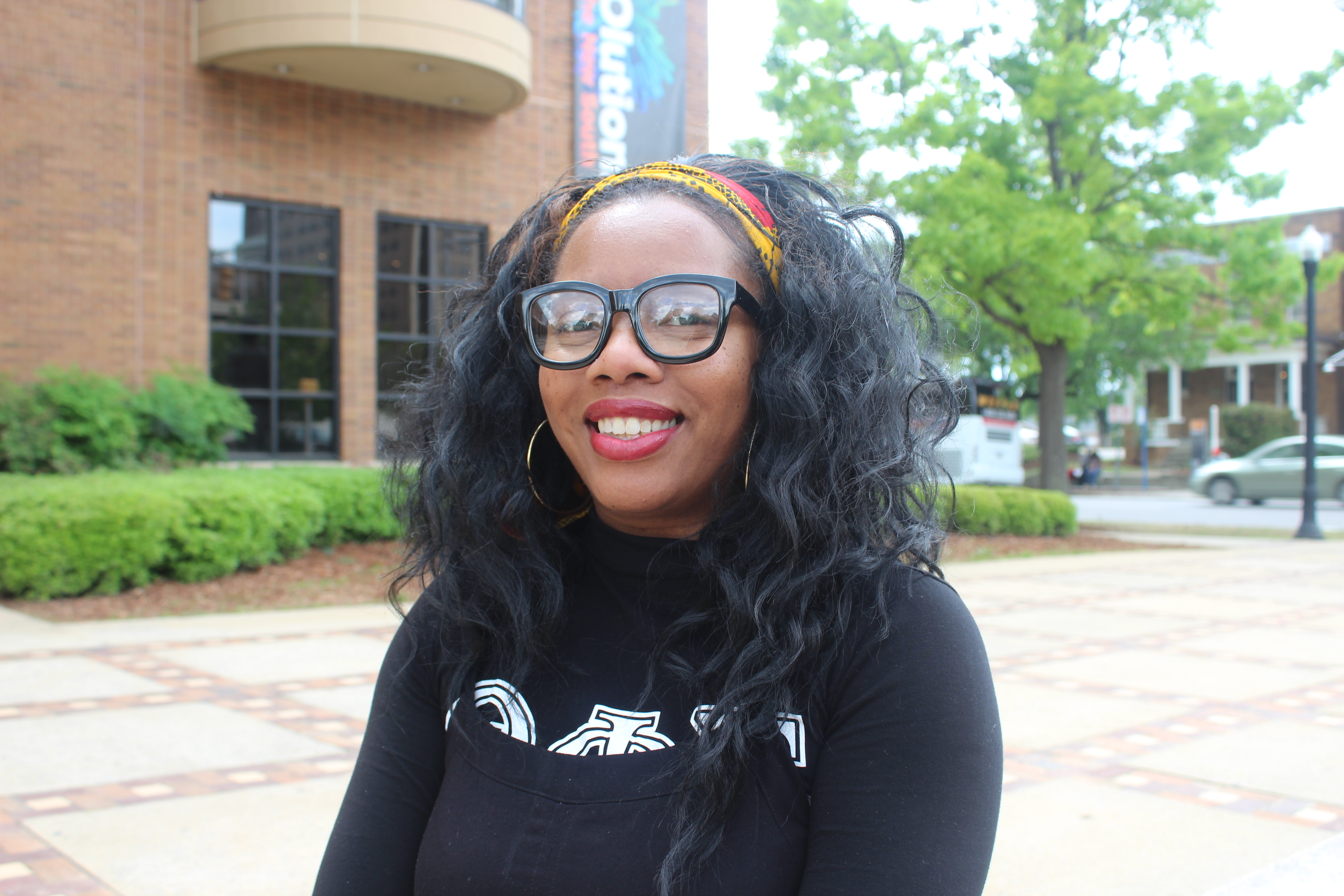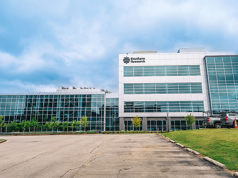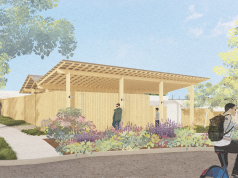
By Ariel Worthy
The Birmingham Times

Kimberly Meadows Clark is happy to put on the many hats she wears every day. Recently, she added another: basketball team owner.
Clark, 38, is the principal owner of the Magic City Surge, formerly the Birmingham Blitz, a team in the American Basketball Association (ABA). The league is a re-launch of the original ABA—founded in 1967 and partially merged with the National Basketball Association (NBA) in 1976—that produced basketball greats like Julius “Dr. J” Erving, George “The Iceman” Gervin, David Thompson, Artis Gilmore, Moses Malone, and Rick Barry.
The Surge’s season begins in November 2017 and ends March 2018; the championship game will be in April. The team will have tryouts for new players on June 10 at Fairfield High Preparatory School. Clark, a Fairfield native, hopes to attract local talent.
“I’m getting emails from players from all over the country, but we want to give our local guys an opportunity first,” she said. “With everything going on in the community, we need more outlets for the youth. How can we tell them, ‘Yeah, you can be a pro sports broadcaster,’ but the only way they can get experience is to go out of town for an internship … where they don’t have any family or know anybody? We could provide that right here in the city.”
Small-Business Owner
In addition to owning a sports franchise, Clark serves as the community outreach coordinator and case manager for Firehouse Ministries. And she and her husband, Christopher, are co-owners of the Clark Community Group, which assists businesses “with the small details needed to make their vision come to life.”
“Where businesses lack the resources or knowledge, we can supply those,” Clark said.
In 2016, the Metro Birmingham branch of the National Association for the Advancement of Colored People (NAAACP) honored Clark with its Outstanding Community Service Award. And this year the Young Black Progressive Caucus recognized her as a Leader Among Women of Color.
Unexpected Opportunity
The opportunity to own the Magic City Surge came unexpectedly for Clark.
One of Clark’s clients at the Firehouse Shelter was a former basketball player who still wanted to play the sport, so she contacted the then-owner to give her client a chance to try out for the basketball team.
“A friend of mine formerly owned it,” she said. (She declined to give the former owner’s name for legal reasons.) “And someone I knew was a great athlete and wanted to continue playing basketball.”
After speaking to her friend, she found out that he was looking for a general manager for the team, which led her to purchase the team.
Clark was motivated by a desire to give local athletes—like her client at the shelter—opportunities to continue playing basketball, she said: “The league was looking for fresh, new everything.”
Going from working at a shelter to owning a team was an interesting transition, Clark said.
“Being a woman owner of a basketball team looks sexy from the outside looking in. It is hard … and can be tiring, but I have a very supportive husband, team, and group of people helping me,” she said. “It’s all worth it.”
Challenges
Working in a male-dominated field can be challenging, said Clark.
“Because I am a woman, people feel that they can entice me with certain things, like words and promises,” she said. “It’s hard for people to understand that women do things differently.
“We go into things because it’s a passion or because others need help. Most men see something that can make them money, but [women] see the bigger picture. We can see things 10 years down the line, whereas men might not see that far. It’s a gift we have.”
Being a basketball fan has made owning a team a lot more interesting, said Clark, who comes from a family of athletes.
“All of my cousins played sports—basketball, football, and baseball—and a lot of them are coaches and directors now. I was a majorette,” she said.
Diversified League
Clark isn’t the first female owner in the ABA. In fact, she’s the 13th.
“It’s the most diversified professional sports league in the world,” she said. “I’ve had people contact me about starting teams in Huntsville and Montgomery, as well. Hopefully, we can grow so we can give the same opportunity to other people.”
The chance to own the Surge was no coincidence, Clark said.
“It was too happenstance. I think God placed us here for a reason, and I don’t believe we will fail because I think this is part of His plan.”
Ahead of the June 10 tryouts, players from all over the country have been reaching out to Clark. She hopes her client from the Firehouse Shelter tries out, too.
“I told him I will come and pick him up if I have to,” she said. “It’s about keeping our hands on him so he knows he has a positive outlet and doesn’t allow the condition he’s in to distract him. I call it social interruption.”
Community
As owner, Clark is concerned about the well-being of the players beyond the court, so she is bringing in a social worker and financial advisor to assist them.
“A Miles College graduate is coming on as a social worker to help players find employment during the off-season and housing if a player is relocating,” she said. “[We’re also bringing in a financial expert because] players often make money and blow it. We want them to be responsible with their money.”
Speaking of community, Clark said she wants to see crowds at Magic City Surge games. The team is currently seeking a permanent home court; one option is Fairfield High Preparatory School (formerly Fairfield High School), Clark’s alma mater.
“When I was younger, everybody in the neighborhood would go to [United States Football League] Birmingham Stallions games,” she said. “We need that back in the community. Most people identify us as a college city with Alabama and Auburn, but this brings new people from other places to Birmingham.”
Clark’s husband and friends are supportive, and they want to see that same support from the community.
“We are partnering with grassroots community initiatives, neighborhood associations, and other sports teams in the area to promote, empower, and engage our youth and young adults,” she said. “We are family-oriented. We believe in building and promoting the family unit in the community.”




